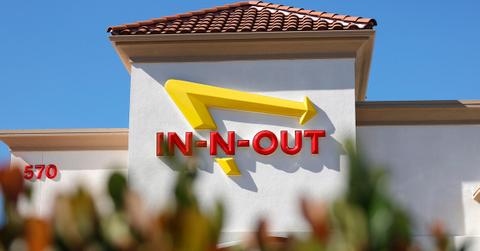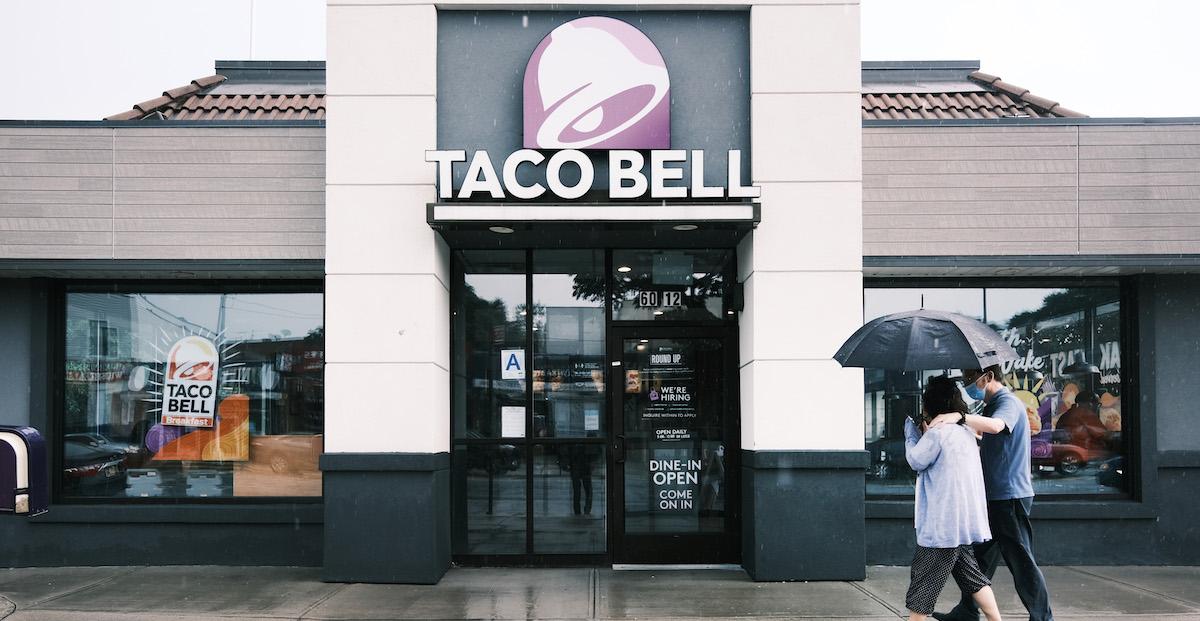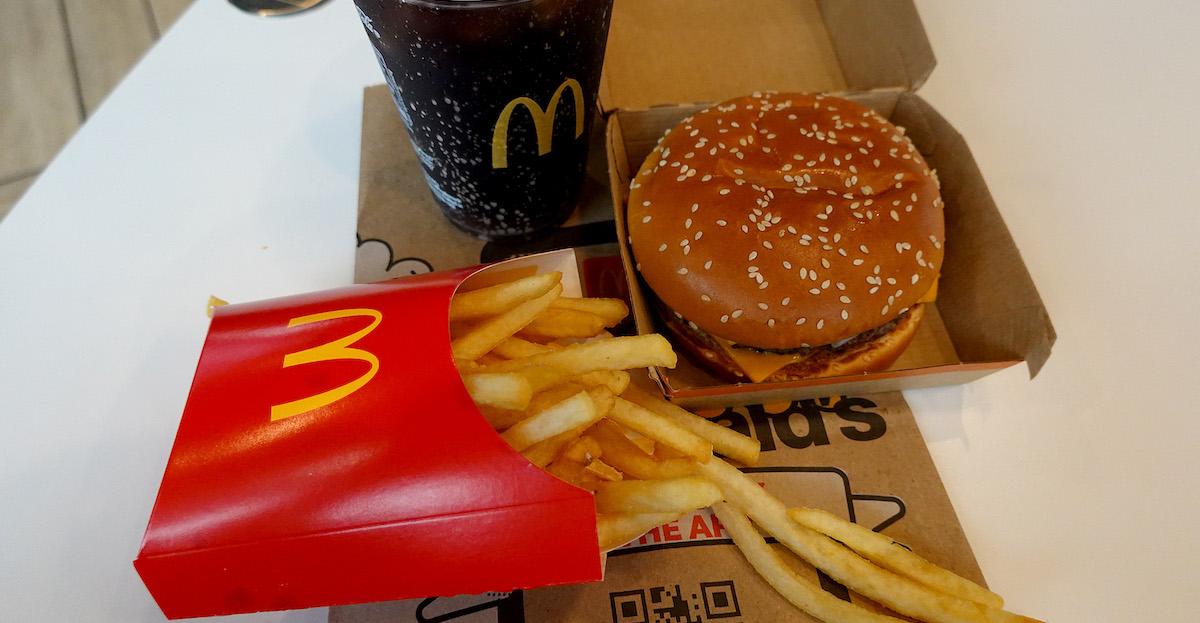Would Adding Environmental Impact Labels to Fast Food Influence Buying Habits?
Published Dec. 29 2022, 1:49 p.m. ET

In the last decade, we've seen multiple restaurants put calorie labels on each menu item, from Cheesecake Factory to Panera. And while it's somewhat controversial, some feel it's helped them make healthier choices. But what would happen if fast food restaurants used climate labels to show each item's environmental impact?
U.S. researchers conducted a study, which was published on JAMA Network Open, that showed they could ultimately influence buying habits.
“If, at a population level, we made even just some minor shifts to the way we make our food choices, substituting some beef items for less impactful choices, there can be a really measurable effect on climate change,” Julia Wolfson, lead author of the study and associate professor at Johns Hopkins Bloomberg School of Public Health, told The Los Angeles Times. “So the question is, how do we nudge those choices in that direction?”
“There are certainly people who are not going to change,” Wolfson continued. “But there are also people who do adapt. Building knowledge and awareness around the way our food choices do affect climate change, that is one direct action that we, as individuals, can take to mitigate climate change. It’s a salient message for some people and information that is worth amplifying.”

Would climate labels influence consumers to eat sustainably? Maybe.
Researchers conducted an online survey for insight into consumer buying habits. Per Phys, they used a fake restaurant in an online survey to present more than 5,000 subjects with a list of menu items. Next to each option was a label, indicating whether the food choice was environmentally sustainable, not sustainable, or if it had an unknown environmental impact.
Menu items marked with a green label were considered low-impact; this included chicken, fish, or vegetarian options.
The label was accompanied by an explanation, which read: “This item is environmentally sustainable. It has low greenhouse gas emissions and a low contribution to climate change,” per Earth.org. Alternatively, high-impact menu items like red meat were accompanied by a label, stating: “This item is not environmentally sustainable. It has high greenhouse gas emissions and a high contribution to climate change.”
The study showed that almost 25 percent more people opted for the greener choice.
Researchers also came to the conclusion that most consumers don't even know about the impact of their choices on the planet. For example, they came to the conclusion that a handful of participants were unaware that eating tofu is more sustainable than red meat.
So, will fast food restaurants alter their menus to include climate impact labels?

Will fast food restaurants include climate labels?
Even though no fast food restaurants have come forward willing to add climate labels to their menus, it would certainly do wonders for their PR. And as of 2022, many fast food restaurants have started offering vegan options, anyway. Burger King, for example, now offers a plant-based meat patty for the Impossible Whopper, while Taco Bell has an entire meatless menu.
We aren't too far from fast food restaurants including climate labels, and we hope to see them on menus soon — 2023 could be the year to do it.